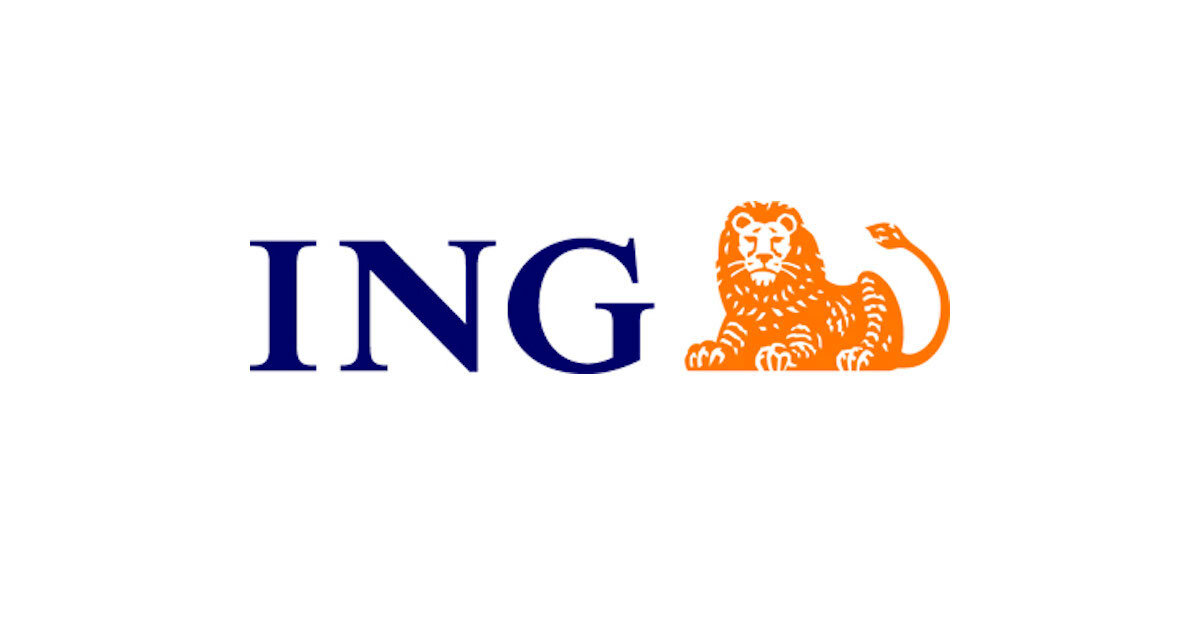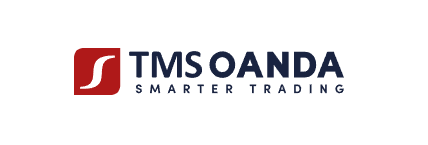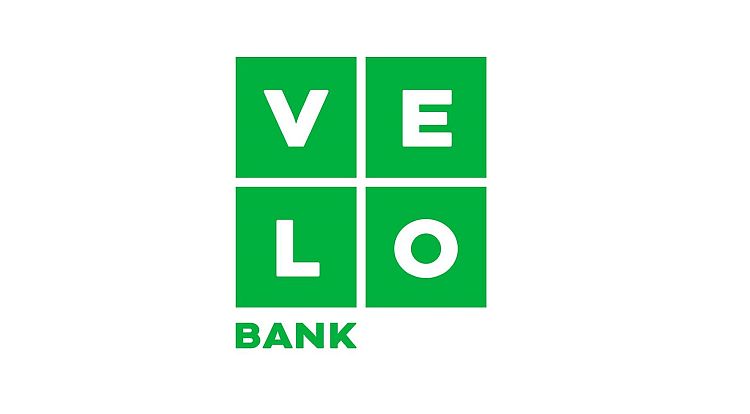Date: 20/03/2025
The European Securities and Markets Authority (ESMA) adopts a technology-neutral approach when evaluating promotional activities in the cryptocurrency sector. Under the ESMA guidelines, any form of digital or offline marketing, advertising, or service offering may be classified as solicitation. This encompasses digital ads, crypto influencer marketing, social media content, and indirect strategies such as sponsoring EU-based sports teams or athletes. While the MiCA regulations do not explicitly prohibit such activities, ESMA considers firms engaging in these practices to be soliciting EU clients.
Reverse Solicitation and Compliance Burden for Non-EU Crypto Firms
A critical element of MiCA compliance is the concept of reverse solicitation, where an EU client must initiate contact with a non-EU crypto firm without any form of external influence. However, ESMA oversight places the burden of proof on third-country firms to demonstrate that EU customers approached them independently. Importantly, disclaimers or contractual clauses will not suffice if evidence suggests active targeting of EU clients through marketing strategies.
To strengthen regulatory enforcement, ESMA expects national authorities to intensify scrutiny over non-EU crypto firms, focusing on online presence, cryptocurrency advertising in the EU, and collaborations with European entities. Regulators will actively monitor crypto marketing restrictions, investigate consumer complaints, and assess whistleblower reports to detect potential non-compliance.
Marketing Restrictions and the Future of Crypto Advertising in Europe
Despite the strict regulatory framework, MiCA rules on European cryptocurrency advertising permit third-country firms to provide crypto-asset services if the relationship originates solely at the client’s initiative. However, subsequent marketing efforts for similar services are explicitly prohibited. This raises concerns about how ESMA defines crypto service promotion and the ambiguity surrounding terms like “in the context,” which remain open to interpretation.
Given these uncertainties, non-EU crypto firms must prepare for heightened compliance demands. ESMA and crypto marketing regulations strongly suggest that firms should avoid onboarding new EU clients unless they implement robust geo-blocking crypto services to prevent access from EU jurisdictions. This may involve restricting EU IP addresses and ensuring their platforms are inaccessible via European app stores.
Consequences and Industry Reactions
The impact of ESMA guidelines on crypto firms extends beyond direct solicitation rules. Some industry participants argue that the regulator’s strict interpretation of MiCA regulations may exceed the original intent, effectively restricting EU citizens’ access to global crypto-asset services. Marketing restrictions for crypto firms in the EU could significantly alter the competitive landscape, discouraging non-EU entities from serving European clients.
For businesses navigating these new regulations, the key focus should be on avoiding MiCA violations while maintaining global market access. As the future of crypto marketing regulations in Europe continues to evolve, firms must stay informed, adapt their compliance strategies, and prepare for regulatory oversight of non-EU crypto firms set to intensify after April 27, 2025.










